“Parasocial” is the Cambridge Dictionary’s Word of the Year. The term has become quite relevant in recent times, particularly with the rise of social media and the advent of artificial intelligence (AI) chatbots.
If you feel a deep connection to a celebrity like Taylor Swift or Shah Rukh Khan, your behaviour may verge on being a parasocial relationship. The word is used to refer to one-sided relationships.
The Cambridge Dictionary has also included 6,000 new words this year, including “skibidi”, “delulu” and “tradwife”.
We take a look.
What is parasocial?
Parasocial is defined as “involving or relating to a connection that someone feels between themselves and a famous person they do not know”.
The Cambridge Dictionary updated its definition of the term in September this year to include the “possibility of a relationship with AI”.
The term was coined in 1956 by American sociologists Donald Horton and Richard Wohl, who observed how viewers developed “para-social” relationships with TV personalities, whom they saw in the same way as close friends or family.
The phenomenon remains pertinent today, as social media users form parasocial relationships with celebrities, influencers and even AI chatbots.
Cambridge Dictionary’s 2025 Word of the Year
The Cambridge Dictionary has picked parasocial as its Word of the Year. It cited a key example of pop singer Taylor Swift, who announced her engagement to American footballer Travis Kelce this year. Many fans displayed heartfelt feelings for the couple several had never met, while the pair did not even know of their existence.
British singer Lily Allen’s breakup album West End Girl sparked a “parasocial interest in her love life,” the dictionary said in a statement Tuesday (November 18).
The term’s usage has increased this year amid concerns over the emergence of parasocial relationships with AI bots, which some users treat as a confidant, friend, therapist or romantic partner.
Quick Reads
View AllThe dictionary observed a spike in people searching the word after the YouTube star IShowSpeed blocked a fan who described themselves as his “number 1 parasocial”.
Colin McIntosh, a lexicographer at the Cambridge Dictionary, said the word “captures the 2025 zeitgeist” and shows how language changes. He said the term had recently been used to describe “a type of relationship, between a person and a non-person, for example a celebrity”.
“It was originally coined as an academic word and was confined to the academic sphere for quite a long time,” he added. “It’s only fairly recently that it’s made a shift into popular language and it’s one of those words that have been influenced by social media.”
“What was once a specialist academic term has become mainstream,” McIntosh said in the statement.
“The language around parasocial phenomena is evolving fast, as technology, society and culture shift and mutate: from celebrities to chatbots, parasocial trends are fascinating for those who are interested in the development of language,” he said.
Simone Schnall, Professor of Experimental Social Psychology at the University of Cambridge, said in the statement, as per CNN, that the word “is an inspired choice.”
“The rise of parasocial relationships has redefined fandom, celebrity and, with AI, how ordinary people interact online,” she said. “We’ve entered an age where many people form unhealthy and intense parasocial relationships with influencers.”
“This leads to a sense that people ‘know’ those they form parasocial bonds with, can trust them and even to extreme forms of loyalty. Yet it’s completely one sided,” Schnall added.
ALSO READ: What is 'brain rot', the Oxford Dictionary’s Word of the Year?
Are parasocial relationships always toxic?
In the digital era, celebrities appear closer than ever, with the comment section seen as a way for direct communication. As famous personalities are believed to be just a click away, many people have started building complex emotional bonds with public figures.
There is a misconception that people who are lonely are more likely to form parasocial bonds.
Gayle Stever, a professor at SUNY Empire and an expert on parasocial relationships, told National Geographic, “Yes, lonely people form parasocial relationships, but so do not-lonely people, who are just as likely to form a connection with that person on the screen.”
Some of these one-sided relationships can be harmful, especially when they replace human connection. They can lead to isolation and a rise in mental health issues.
Online fandoms also sometimes turn toxic as they believe they have greater knowledge of the celebrity due to the very real illusion of intimacy.
“When you interact with everything through your phone, the fact that there’s a human being on the other end can often get lost. There’s a disinhibition of it all; there’s a sort of filter bubble, or echo chamber effect where people convince themselves, ‘everyone agrees with me and therefore we are [all] righteous in our approach,’” Mel Stanfill, the author of the book Fandom Is Ugly, told National Geographic.
However, parasocial relationships are not always bad. A healthy parasocial relationship can encourage and inspire people.
Research shows that children learn better when they identify with on-screen characters like Dora the Explorer. These parasocial bonds can also help adolescents in forming their identities.
Shared interests can also bring people together and create genuine bonds.
With inputs from agencies


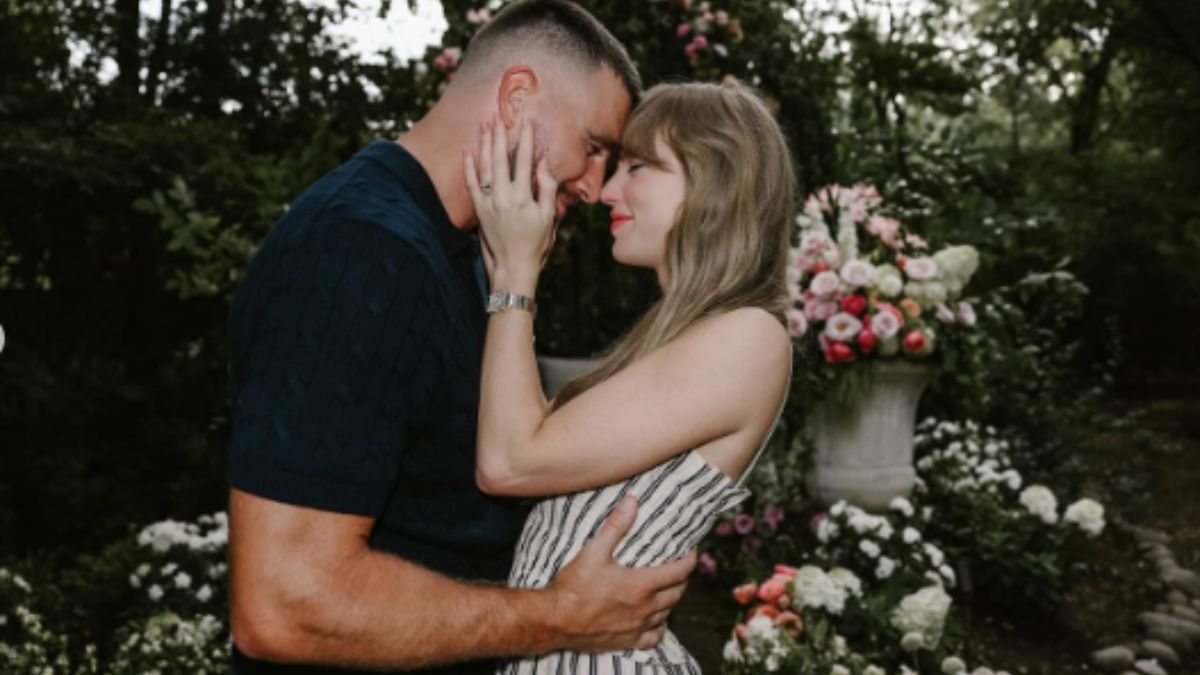)
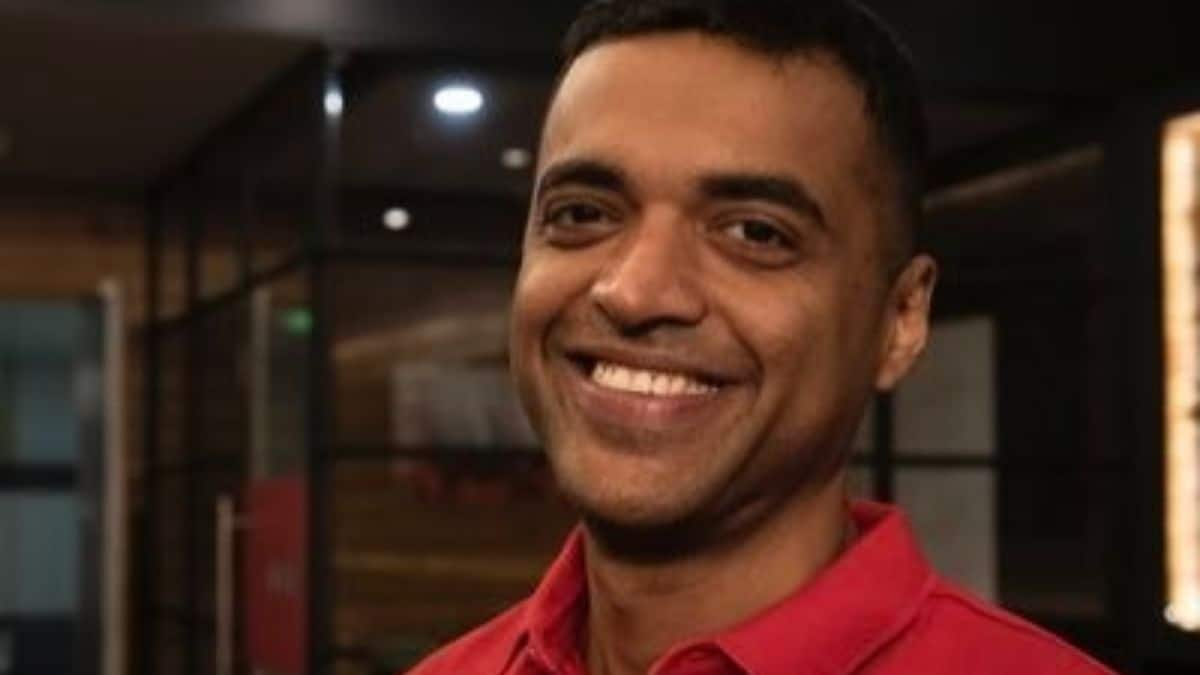
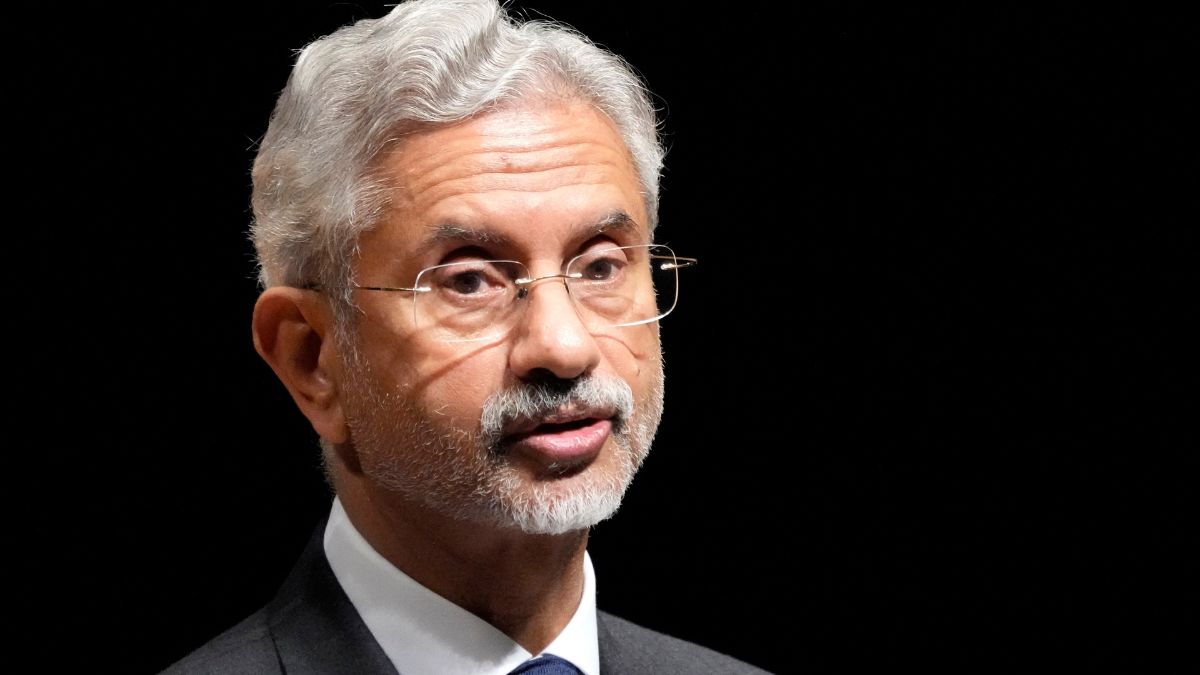)
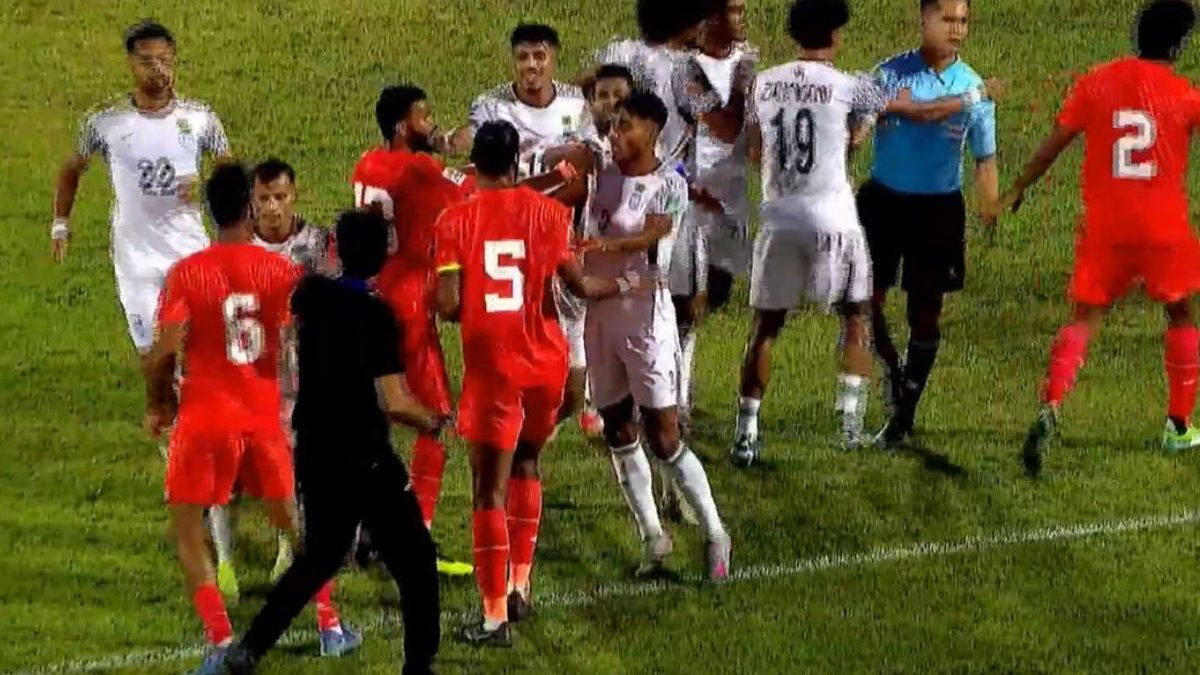)
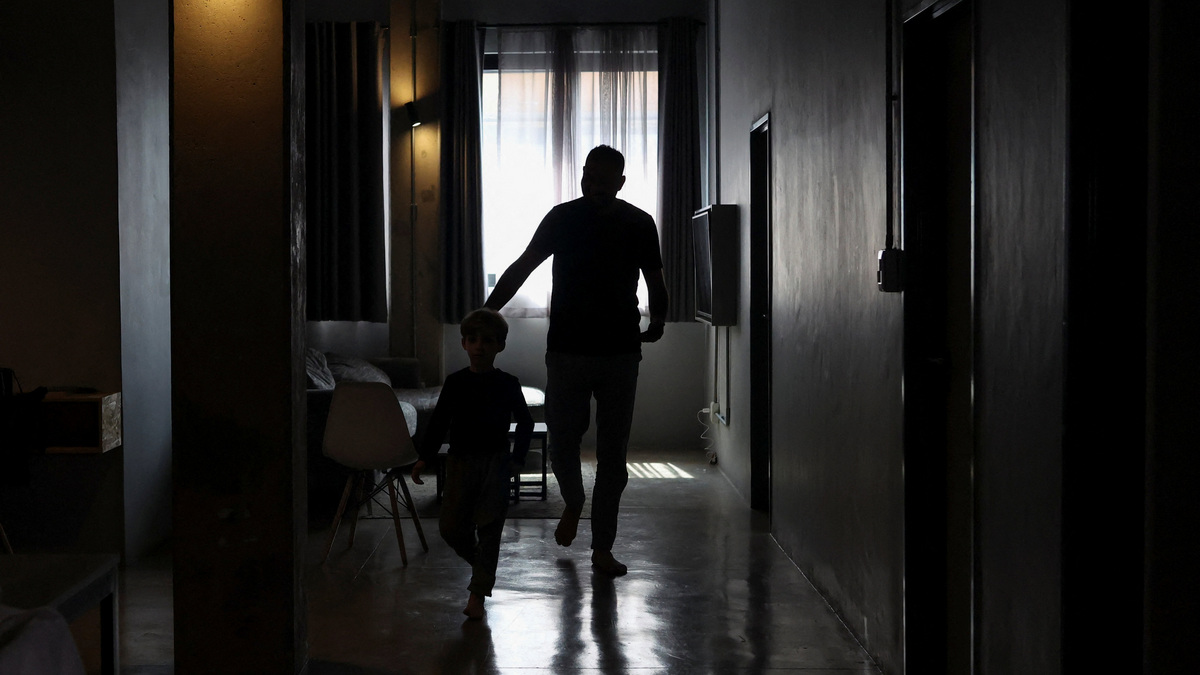)
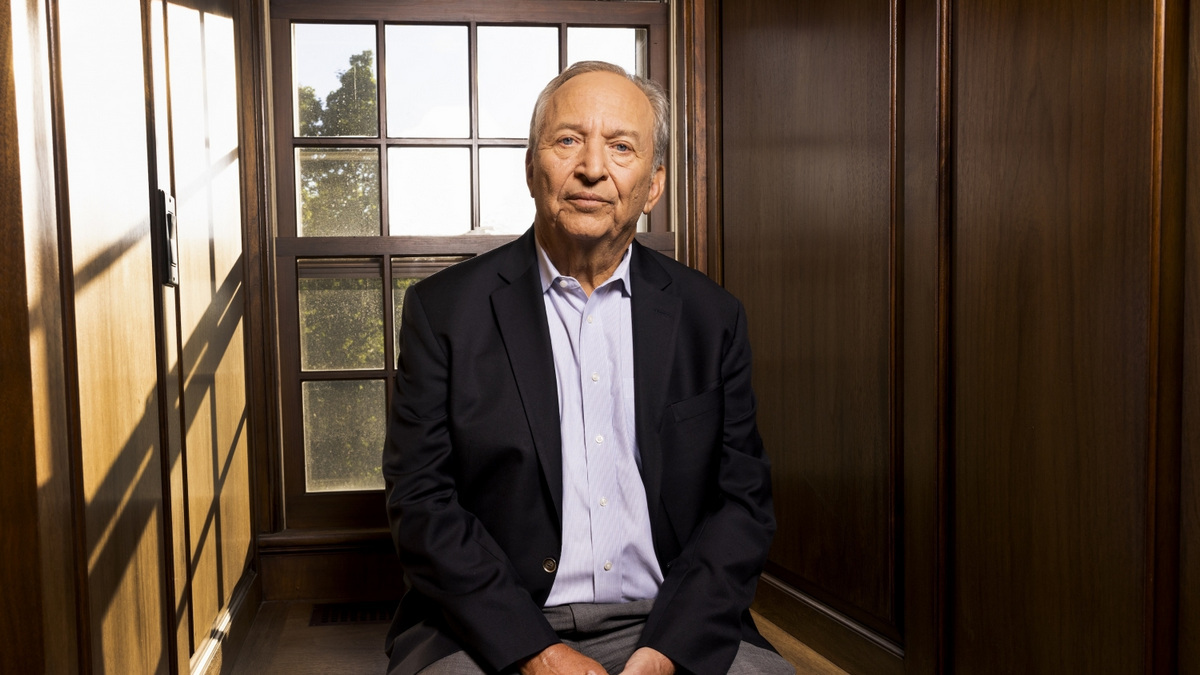)
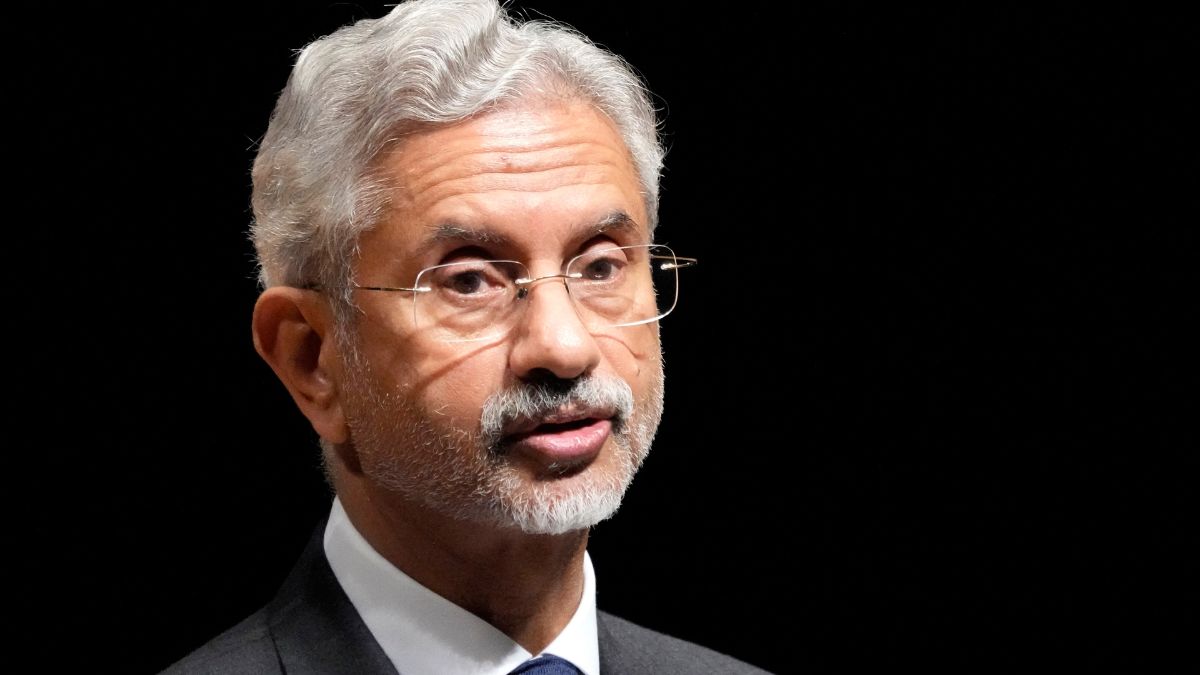)
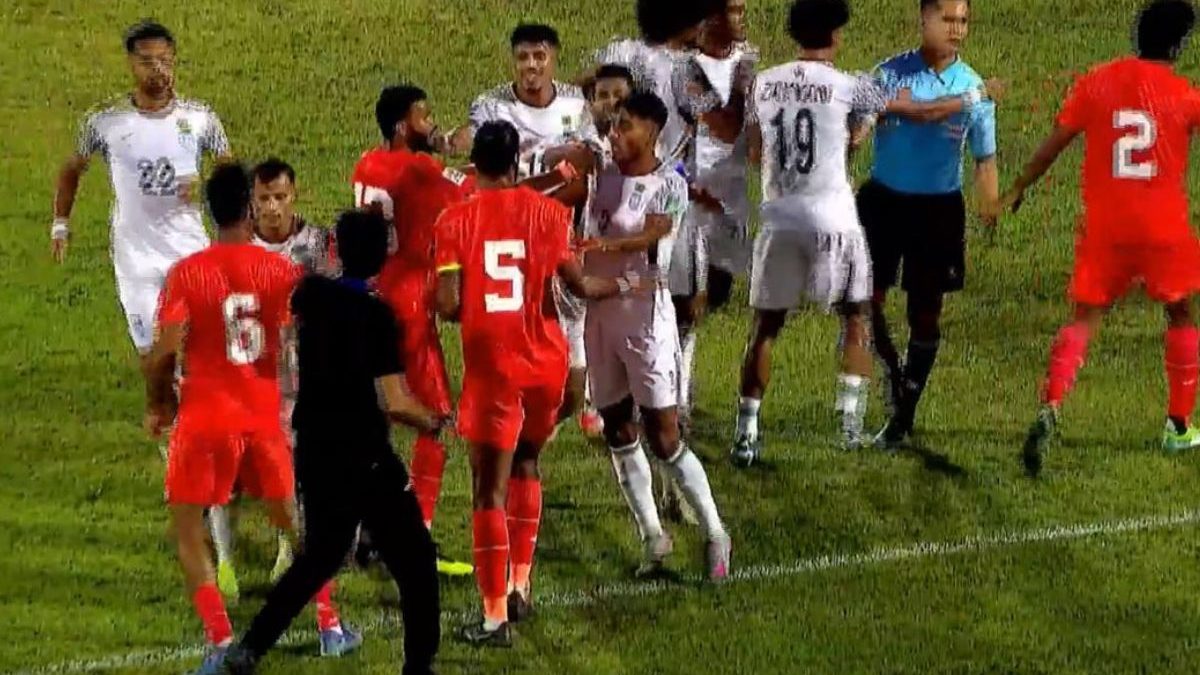)
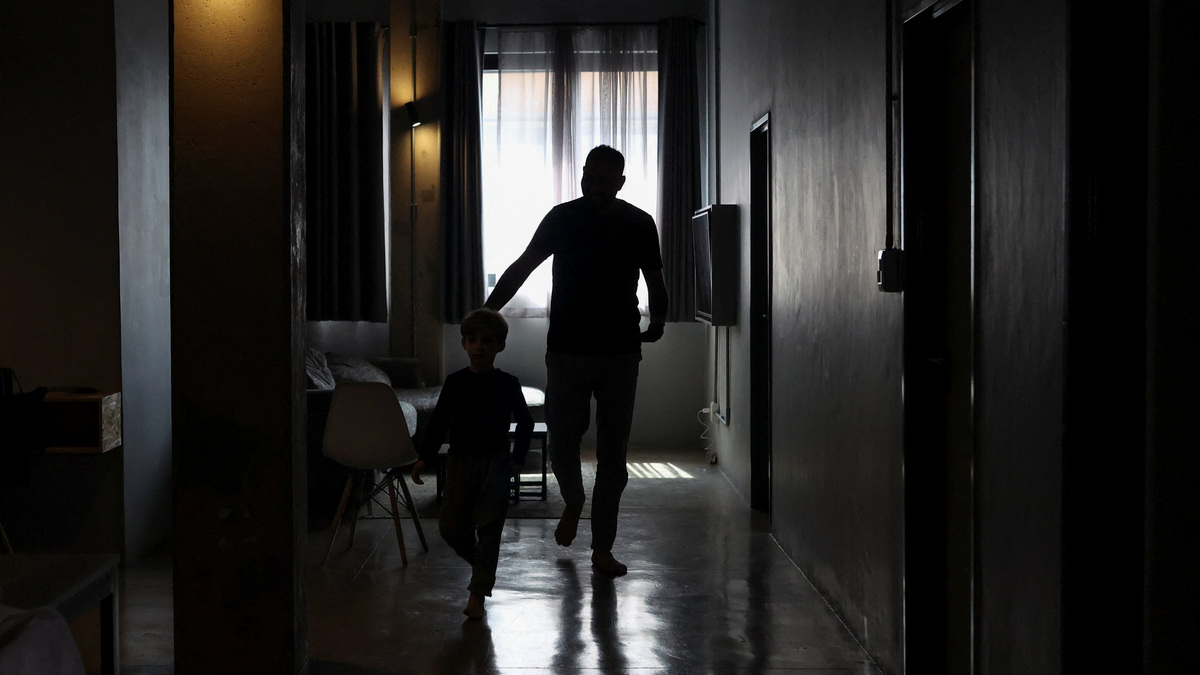)
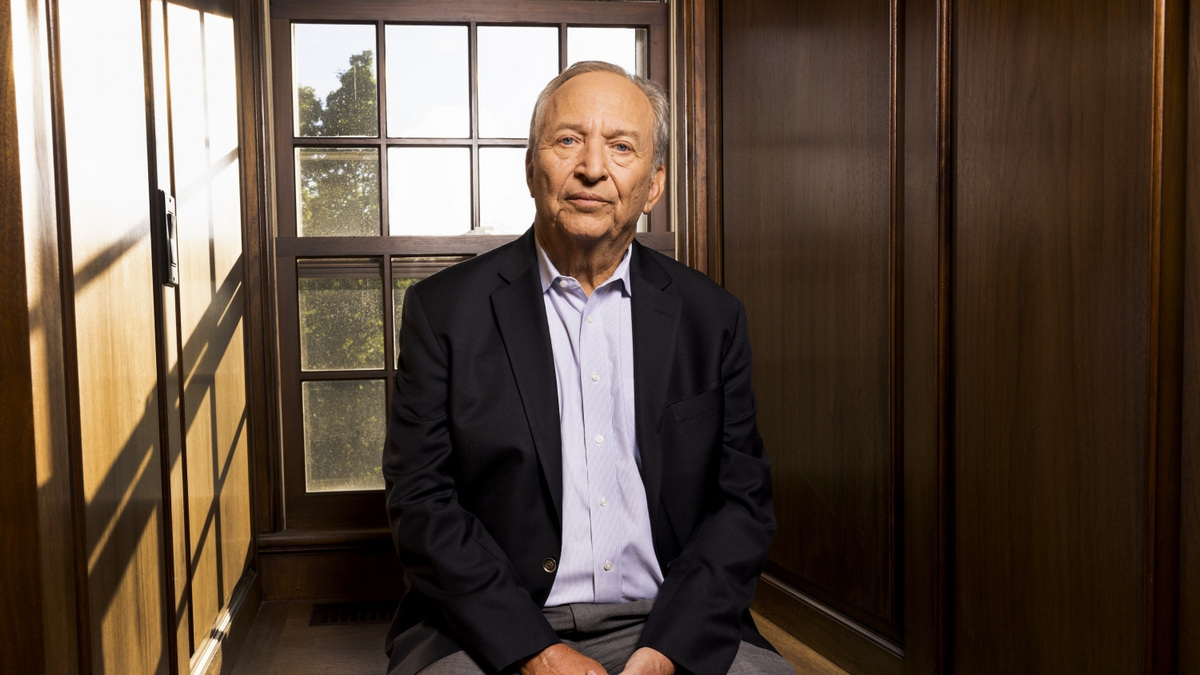)



